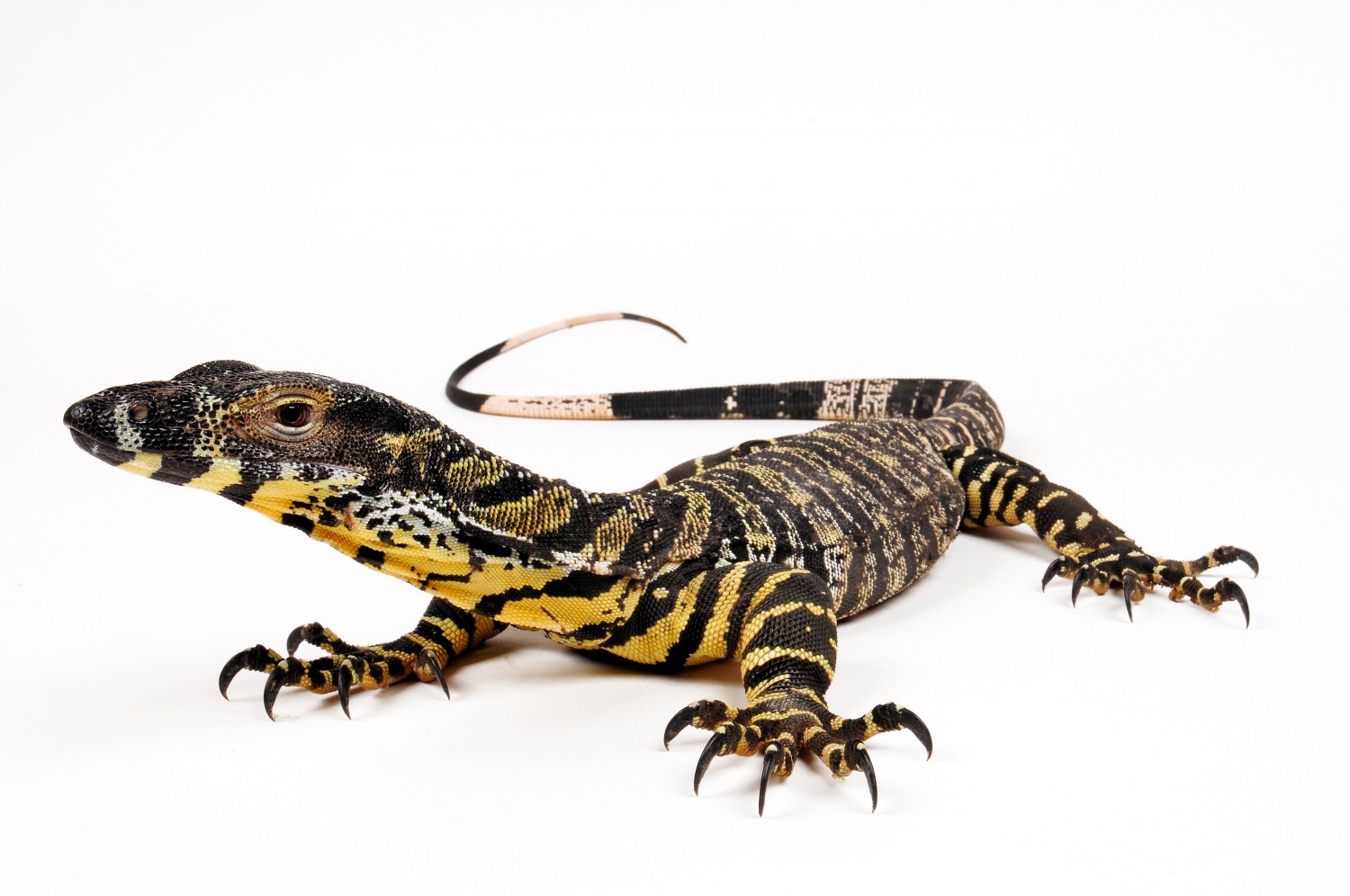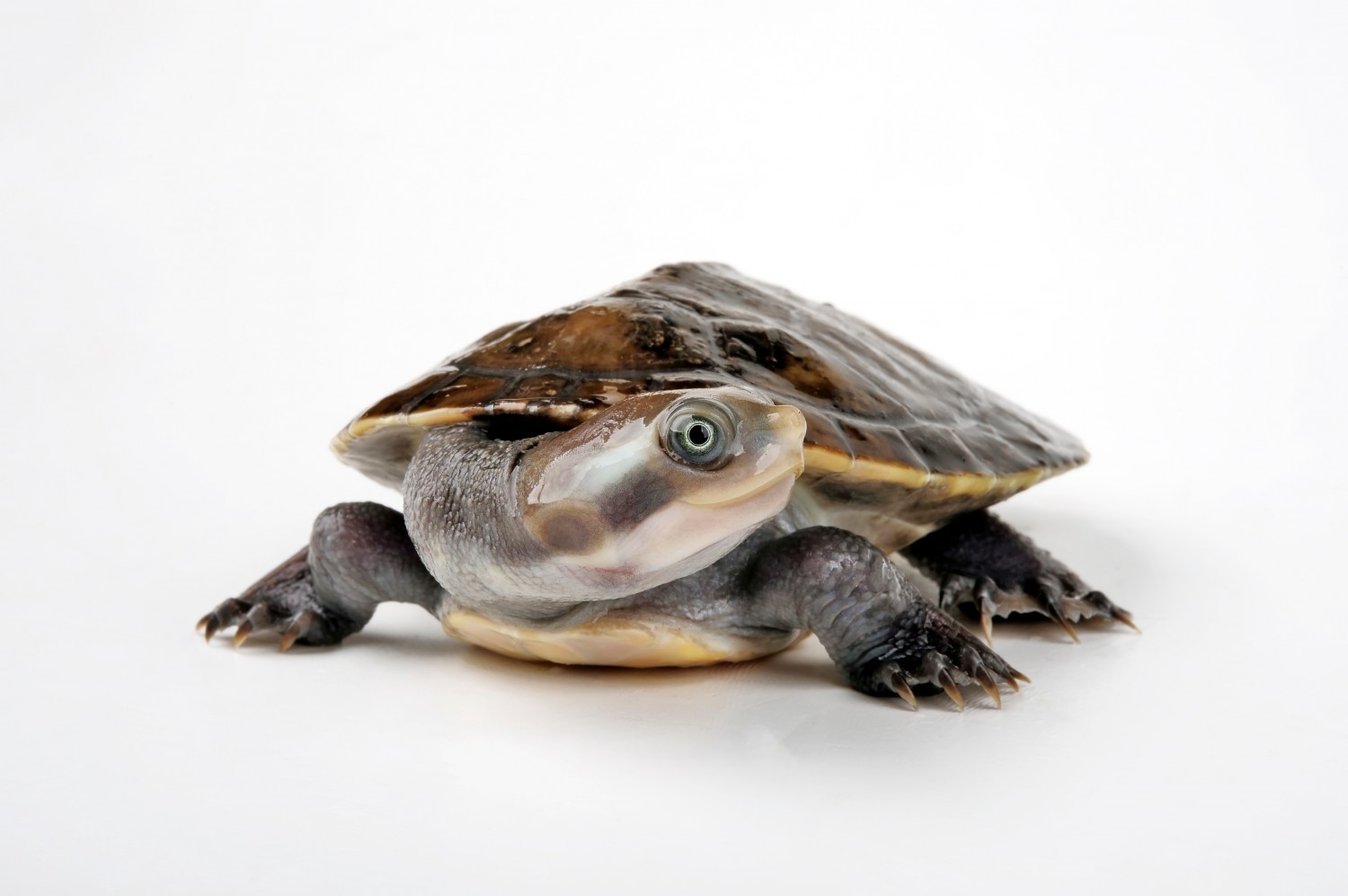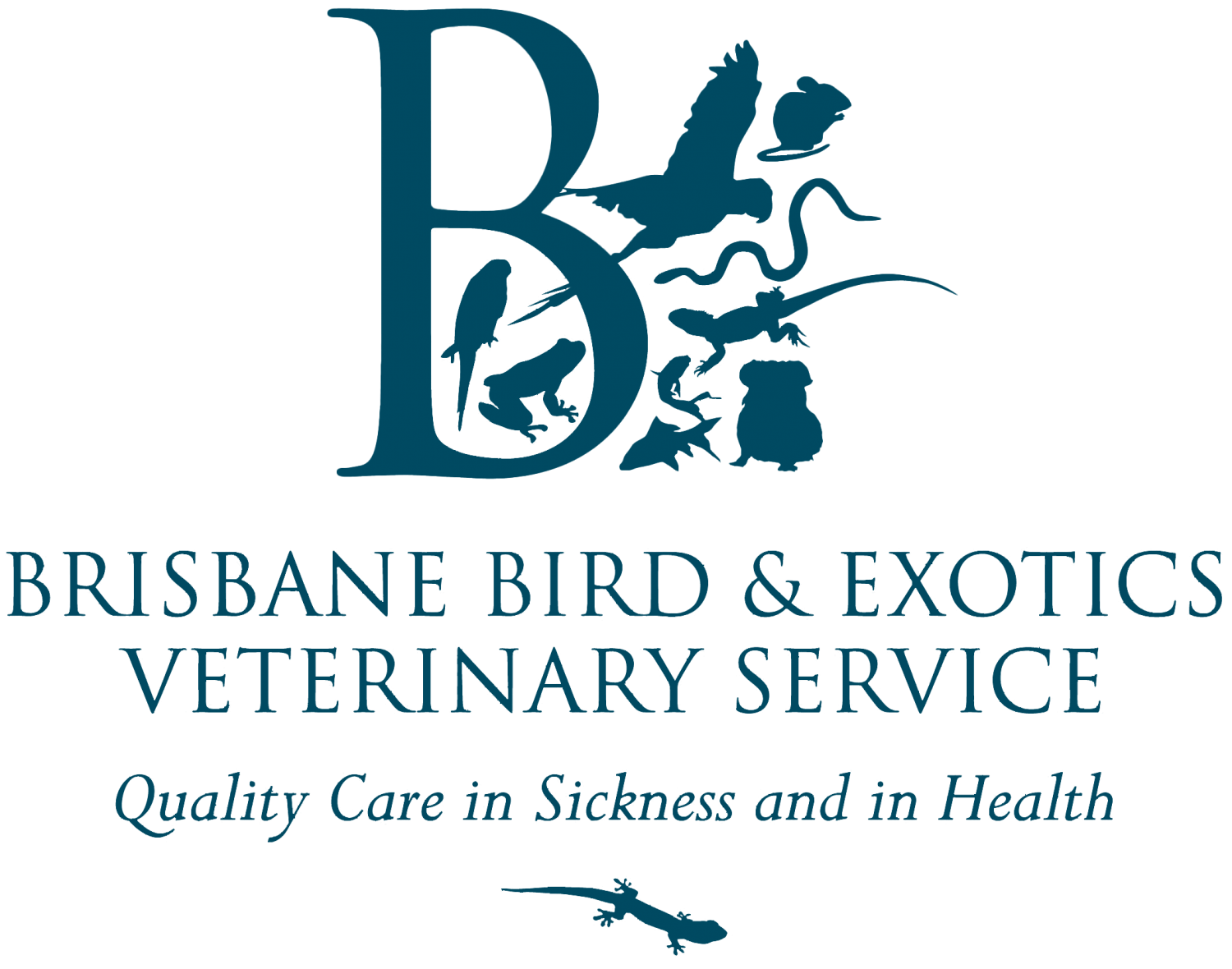|
Welcome to the Reptile Corner


|
There is an amazing diversity of species within the reptile group with something for everyone. At BBEVS we see a wide range of snakes, lizards, turtles, geckoes and the occasional crocodile! Every species of reptile are very different from one another, just as a dog is different to a cat. The requirements needed to keep each species happy and healthy in our homes can vary considerably. Most of the diseases and disorders we see here at BBEVS are a result of these animals missing one or more crucial elements in their environment or diet.
Reptiles, like our other exotic species, deal with disease and injury very differently to dogs and cats. Often we don’t notice the subtle signs of early illness and this means that by the time we notice they are unwell, disease can often be advanced. Please call us on (07) 3217 3533 if you suspect your reptile is unwell and also follow the link to ‘My reptile is unwell’ for further information.
|
 |
 |
A cornerstone of maintaining wellness in reptiles is regular preventative health examinations. These examinations use a combination of physical examination and diagnostic testing to assess your pet for any early signs of disease, as early identification of disease provides the best chance of successful resolution. See Reptile Health Examinations below.
We also recommend veterinary assessment of all new pets. This is important for early identification of abnormalities and is particularly relevant if you already own reptiles, as some diseases can spread rapidly from the new arrival to the other animals in your household. If you are new to reptile ownership, this initial consultation will ensure that you start your ownership armed with the most up-to-date knowledge for that particular species.
We require blood donors! Occasionally we require fresh blood from healthy reptiles to perform a blood transfusion for a sick reptile patient. In order to be a blood donor, your pet must be an adult, have regular veterinary health examinations with BBEVS and be currently in good health. To have your pet placed on this life-saving register, please contact (07) 3217 3533.
|

Reptile Health Examinations
A health examination is an important part of keeping your reptile healthy and happy. We recommend 6 monthly veterinary checks. Your reptile will receive a full physical examination, including faecal examination and assessment of their diet and environment.
We kindly ask our reptile owners to bring the following to the visit:
- Faecal sample (all species)
- Photographs of the enclosure (all species)
- Sample of tank water. Please do not change the water prior to this visit. Ensure you supply us with a sample of approximately 500ml. (Turtles only)
Listed below are descriptions of common laboratory tests that are recommended and can be performed during the Reptile Health Examination. Many of these tests may be recommended for diagnostic purposes if your reptile ever becomes unwell and it is always ideal to have a ‘baseline’ or normal values for your pet to compare these to in times of illness.
Common Reptile Tests
| Test Type |
How is the test performed? |
What does the test show? |
When is this test recommended? |
| Faecal examination |
Microscope exam of the faeces |
Parasites.
Bacterial levels.
Yeast levels. |
All reptiles. |
| Oral examination |
Microscope exam of oral swabs |
Parasites.
Bacterial levels.
Yeast levels. |
Some reptiles. |
| Haematology |
Blood sample |
Anaemia.
Infections.
Inflammation. |
All reptiles. |
| Biochemistry |
Blood sample. |
Liver function.
Kidney function.
Calcium levels.
Blood sugar levels.
Electrolyte levels. |
Some reptiles. |

My Reptile is Unwell
Signs of Illness in Reptiles
- Quietness and lethargy
- Not moving or swimming normally
- Hiding more than normal
- Change in behaviour – increased aggressiveness for example
- Eating less or not eating at all
- Change in size, colour or consistency of faeces
- Bleeding, swellings, wounds
- Not using limbs
- Discharge from mouth, vent, nostrils, eyes
Emergencies
- Please call us on (07) 3217 3533 immediately.
- Please note that we run by appointments. We endeavour to provide all our patients with an appointment time to avoid delays. Emergencies will be triaged by our experienced nursing staff when you arrive.
- See Contact Us for further information on our opening hours and location. Outside of these hours contact the Animal Emergency Centre in (AES) Underwood on (07) 3423 1888.
- Place the animal in a secure travel container (or regular cage if possible) and keep this covered to reduce stress levels in your pet.

Care Sheets and Videos
Care Sheets
Videos
| 





